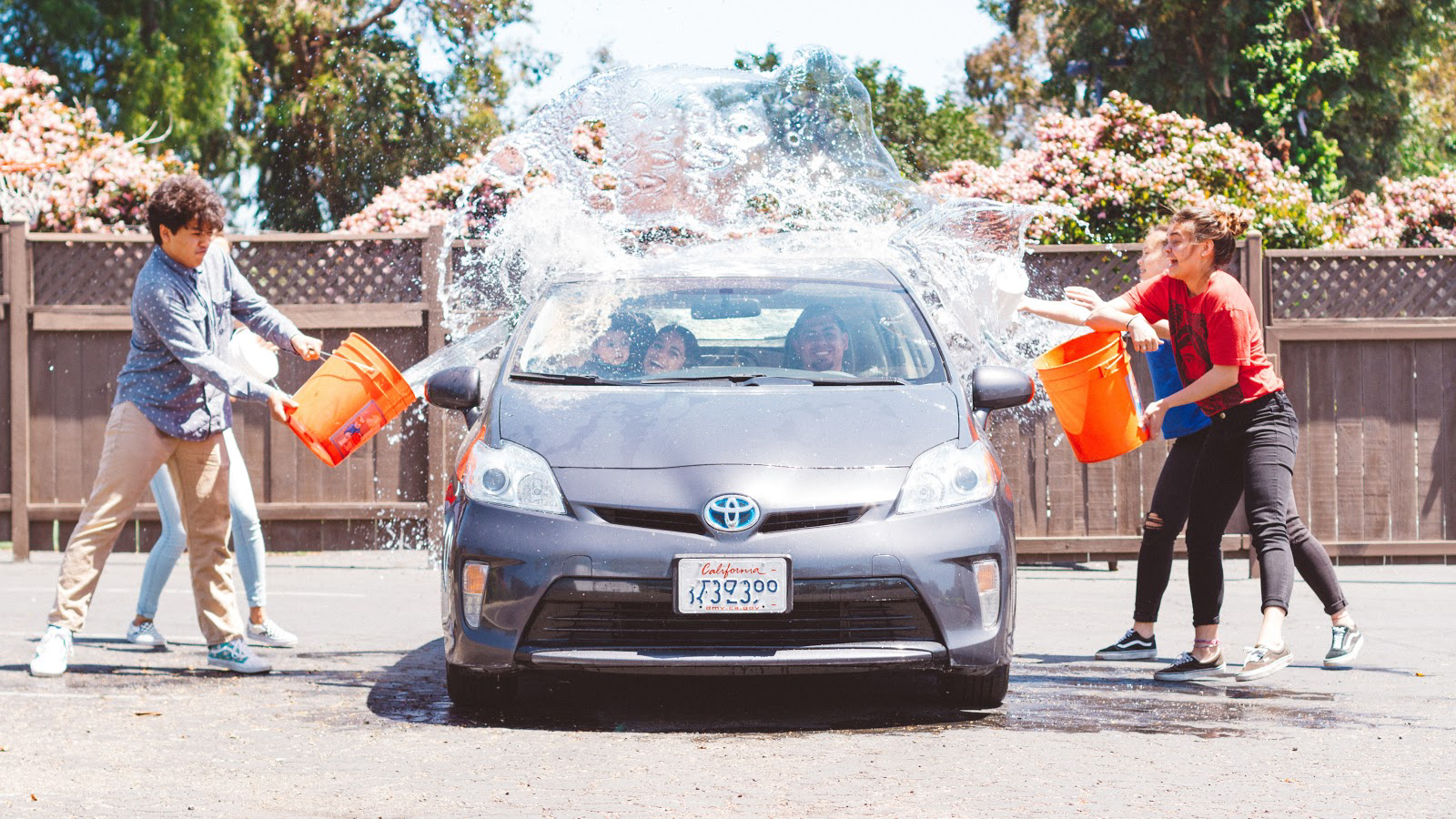You will very often see guides for getting your car ready for the winter but what about the summer months?
In reality although it’s nice to have your car in the winter and yes, there is a lot of preparation that needs to be done t make sure it’s safe, summer is when you will be using your car the most so it seems silly that there aren’t more useful guides for summer prep on your car,
So now that you’re starting to plan fun-filled summer day trips and weekends away, it’s time to think about the ways you should be looking after your car to make sure it’s safe and running well for all your adventures. Check out this easy guide to get you started:
TIRES
Tires are one of the essential parts of your car, especially when it comes to safety. They not only impact the security of your vehicle but also have a significant role to play in performance and the environment. They are one of the top causes of people having an auto accident due to not being checked for tire pressures, tred levels, and the correct tires for the weather are being used. A severely worn or underinflated set of tires can be detrimental to the handling and braking of any motor and can lead to blow-outs at speed. You should always make sure that your spare tires are also hitting the mark when it comes to safety, so when you check your tires include your spare as part of the process.
BRAKES
Your brakes are affected by traffic differently in the summer to the winter. In the winter, you will find that you move slower, and once the ice hits your brakes can be abused; however, in the summer, they need just as much care. In the summer they have to injure incredible heat and can get damaged from dirt and debris that will generally be washed away in the colder months. It’s essential to make sure you have a regular brake check whichever season it is. You should be checking things such as your brake pads, checking them for significant wear and cracking or heavily discolored brake rotors or drums. If you spot anything you should maybe think about getting them changed or at inspected professionally. You will often find that you will hear brake problems before you see brake problems too so, listen out for how your car is sounding.
GIVE IT A WASH

During the winter months and into the spring your car will be continually bombarded with salts, ice, water, sand, and general filth so if you haven’t already it’s a good idea to start a deep clean on your car to get it not only looking good but also well maintained. Interiors also become filled with dirt and tracked-in grime so nows the time to focus on these too. Before setting off on your summer adventures, try cleaning your car top to bottom and inside and out. If you need a deep clean, it’s a good idea to use a high-quality, good pressure washer and soap that is suited to the paintwork of the car to remove any deep-lying dirt, grime, and salt that is trapped. Be sure to hit the wheel wells and underbody when cleaning to as these areas can be targets for rusting. Give the interior a spring clean by removing anything that’s not needed and check under the seats for anything that may have been dropped. Vacuum and wash the dirty carpets and clean the inside of the windows, which have undoubtedly been smudged when you have caved and used defroster rather than a manual de-icer.
CHECK YOUR OIL
It’s advised that you check your oil before any long journey however in you are more likely to use your car for long distances, so it’s doubly important to make sure you check on every trip. To do this, you need to pull out your car’s dipstick and check the level and color of the oil to assess whether it needs changing. Regular oil should last you around 4000-5000 miles with no problem; still, you shouldn’t rely on this and check every time. If you’re someone who has a service every year, this could be the best time for an oil change too as on average this is how miles you will cover within a year.
CHECK YOUR COOLANT
Another thing to add to your list is checking your coolant level and coolant mix. You can get a tester kit from auto parts store to check your ratios, to make sure you have the right levels. You can also get it checked by a professional mechanic. Having the correct proportion for your car is extremely important. Especially in the summer, one main reason for engines overheating is simply that they haven’t been looking after the coolant levels and protecting the radiator in the way they should be. It’s a good idea to look at changing your coolant at least once a year for maximum performance. Make sure it’s kept away from animals who may roam outside as it is toxic so if you spill it, make sure you wash it away pronto.
CHECK YOUR BATTERY
Modern car batteries contain lead plates suspended in a water-diluted acid bath. You should regularly check your battery to make sure its fluid level is up to scratch and that there is no visible discharge or leakage around the top of the battery. It’s also a good idea to make sure you check that the battery is satisfactorily charged before long journeys and it’s advisable to have an emergency battery charger in your break down kit for those ‘just in case moments’ especially if you’re planning on stopping on your road trips to have a picnic and lose your charge listening to music the old school way on the radio.
These are just a few of the ways you can look after your motor and get it ready for the summer months. Hopefully, they will help to stop any unwanted and unneeded hinderances to your summer plans.
Are there any other ways to take care of your car that have been missed off of the list? Please share any hints and tips that you have had in the comments section below.
